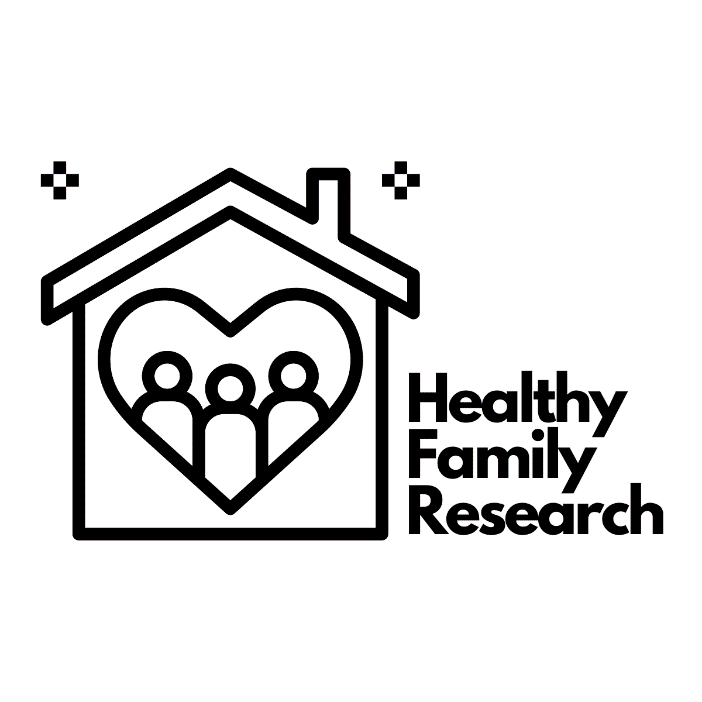Family Stress and Coping

We study how family stress can affect adolescent and parent mental and physical health. We also identify how family members can help one another cope with stress, which can benefit their health. Many of our studies in this area integrate biomarkers, such as cortisol, an indicator of the physiological stress-response system.
Health is influenced not only by major life events and traumatic stressors, but also by daily stressors, such as conflicts or demands at school, work, or home. Individuals who experience more daily stressors and/or have stronger reactions to these stressors are at increased risk for physical and mental health challenges. Our work identifies ways to strengthen families to reduce the impacts of child and parent stress on their well-being.
Research Studies
Current Studies

Child Stress and Parent Well-Being
Prior studies have found evidence that parents’ stress can affect children’s well-being. Yet little is known about how child stressors are linked to parent well-being. We are examining the associations between child daily stressors and parent daily health (i.e., parent affect, cortisol, and physical health symptoms). This study will help us understand whether and how child stress can crossover to affect the daily well-being of their parents and highlights the need for more research and intervention development in this area.

The Emerging Adult Study
Young Adult Stress and Support
We are currently analyzing data from two recent studies on parenting during the transition to adulthood and emerging adult mental health and risky behavior. Emerging adults report high amounts of stress, which can increase the risk for mental and behavioral health problems. Yet they often lack life experience and coping skills, which can leave them insufficiently equipped to manage their emotional and behavioral responses to these stressors. We are currently examining how specific types of stressors are linked to emerging adult well-being and how parenting may buffer emerging adults from the effects of various types of stress on their mental health. These studies were a collaboration between UNC-Chapel Hill, (PI: Lippold), UNC-Greensboro (Jensen), and community partners at a local community college (Guilford Tech).
Select Prior Studies

The daily covariation of cortisol between parents and adolescents
This study used daily diary data to investigate if and how parents and children affect the functioning of each other’s stress response system (i.e., hypothalamic-pituitary-adrenocortical (HPA) system), as assessed by the hormone cortisol. We found that child cortisol predicted parent cortisol but not vice versa, suggesting that parent-child covariation in cortisol is primarily child-driven. For mothers, cognitive interference mediated these associations, such that elevated child cortisol predicted more parent cognitive interference (i.e., rumination and worry) and subsequently higher mother cortisol levels at bedtime.

Understanding daily parent-child relationships and adolescent health
This study investigated the role that daily parent-child relationships play on children’s behavioral, mental, and physical health, including the functioning of their physiological stress response system (i.e., hypothalamic-pituitary-adrenocortical (HPA) system). We found that negative parent-child interactions, especially with mothers, were associated with more physical health symptoms and less healthy patterns of cortisol. We also found that parenting can buffer youth from the effects of daily stress on their health. Youth who experienced more stressors were more likely to experience negative affect, physical health symptoms, and less healthy patterns of cortisol. However, youth with warm parents were more likely to recover from stress on non-stressor days.
Select Publications
- Lippold, M.A., Jensen M., *Chase, G., *Jenkins, M. & *Wyman, K. (under review). Parent strategies to help emerging adults manage stress are associated with their mental health: A dyadic coping perspective.
- Lippold, M., *Jenkins, M., Ehrlich, K., *Wyman, K., & Almeida, D. (under review). Parent reactivity to child daily stress.
- Lippold, M. A., Chandler, K., Molenaar, P., Lee, S., & Almeida, D. (2021). Adolescent effects on mothers’ cortisol: Cognitive interference as a mediating mechanism. Stress and Health.
- Lippold, M. A., Molenaar, P., Lee, S., Davis, K., Almeida, D. (2020). Daily associations between parent and adolescent cortisol: Unpacking the direction of effects. Psychoneuroendocrinology, 116
- Lippold, M. A., Davis, K., McHale, S., Buxton, O., & Almeida, D. (2016). Daily stressor reactivity during adolescence: The buffering role of parental warmth. Health Psychology, 35, 1027-1035.
- Lippold, M. A, McHale, S. M., Davis, K. D., Almeida, D., & King, R. (2016). Experiences with parents and youth physical health symptoms and cortisol: A daily diary investigation. The Journal of Research on Adolescence, 22, 226-240.
- Lippold, M. A., Davis, K., McHale, S. M., & Almeida, D. (2016). Daily parental knowledge is linked to youth physical symptoms and HPA functioning. The Journal of Family Psychology, 30, 245-253.
* indicates student or postdoctoral scholar coauthor
For more publications see Dr. Lippold’s profile on:
Google Scholar
Research Gate
PubMed
Contact us
Melissa Lippold, Ph.D.
Healthy Family Research
School of Social Work
University of North Carolina at Chapel Hill
CB #3550
Chapel Hill, North Carolina 27599
© Copyright 2022 Melissa Lippold


